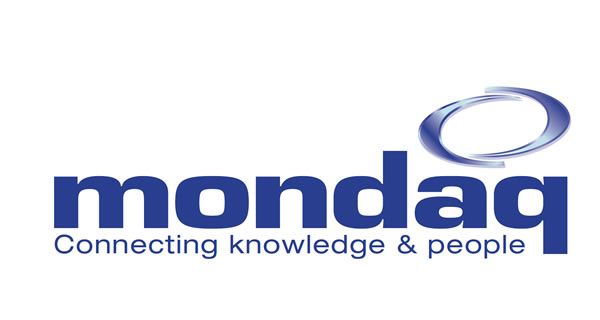The court shall create a record of each hearing in which proceeding is conducted. This is usually done by means of a tape transcript, which is recorded according to judicial dictation and then transcribed in full.
If a party notices errors during the taking of the record, this must be reported immediately. After the end of the respective hearing, errors in the minutes can be corrected by filing a motion for correction. If these objections are not taken into account and a party is therefore of the opinion that the contents of the minutes do not correspond to the actual course of the hearing, there is also the possibility of an objection. This is particularly important because hearing records are public documents and provide the (appellate) court with binding evidence of the content and course of the hearing. The objection deprives the record of this probative value, which means that the correctness of the record can also be reviewed in the appeal proceedings.






